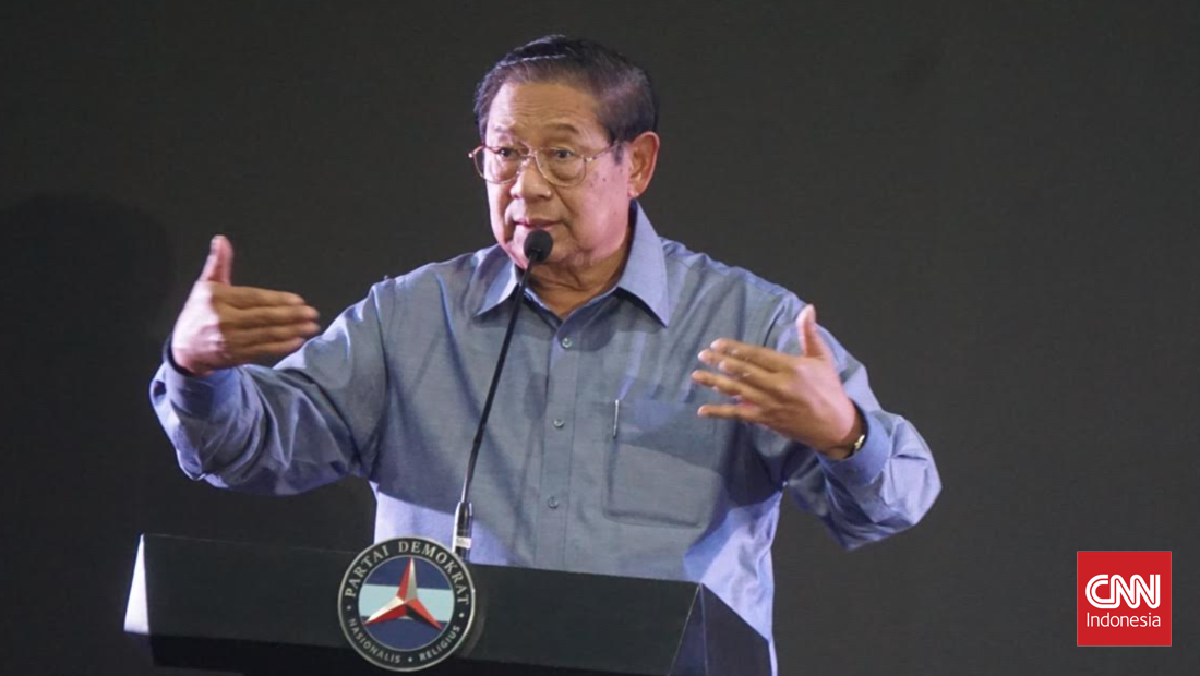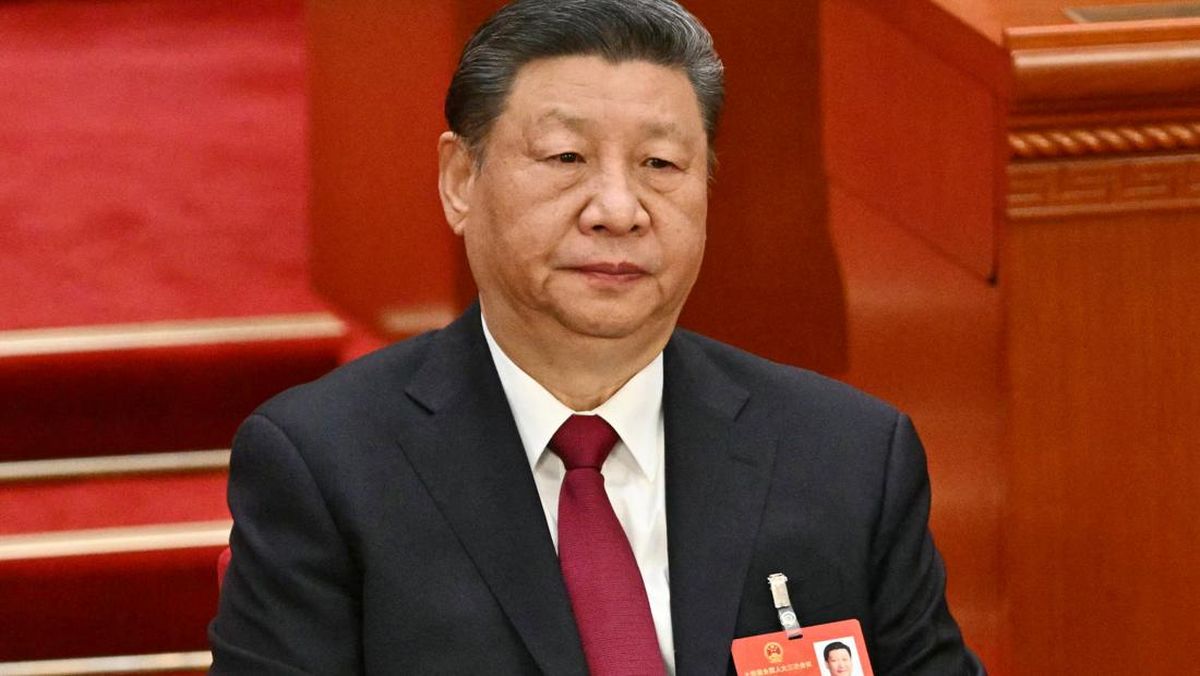
The Government Accountability Office, which falls under the legislative branch, has rejected DOGE's efforts to embed staffers at the agency. Government Accountability Office/GAO hide caption
toggle caption
Government Accountability Office/GAO
When the Department of Government Efficiency comes calling, it typically starts with an email.
That often includes a request to embed DOGE staffers to learn more about what the agency does and review its inner workings.
In response to a DOGE staffer's May 13 message asking "to discuss getting a DOGE team assigned to the agency," the Government Accountability Office's response was straightforward.
"Today, we sent a letter to the Acting Administrator of DOGE stating that GAO is a legislative branch agency that conducts work for the Congress," a spokesperson for the watchdog said on Friday. "As such, we are not subject to DOGE or Executive Orders."
It's the latest example of how DOGE is attempting to expand its reach beyond high-profile Cabinet agencies, and in some cases beyond the executive branch and the federal government entirely.
NPR has identified close to 40 entities — inside, adjacent to and outside of the government — where DOGE and the Trump administration have turned their attention in recent weeks.
Some of them have already been effectively dismantled by DOGE, like the U.S. Institute of Peace, the site of a dramatic daylong standoff between USIP staffers and representatives of the cost-cutting initiative claiming to be new leadership.
Some have been targeted for elimination by the president in his budget proposal for next year, like AmeriCorps and the Federal Mediation and Conciliation Service.
Some of them aren't government agencies at all and, like GAO, have rebuffed DOGE's requests, such as the independent Corporation for Public Broadcasting and the private nonprofit Vera Institute of Justice.
Nearly all of the meetings have been conducted by a small group of young staffers, including at least one college student, with no federal government experience and little apparent knowledge about what these entities do, according to more than a dozen lawsuits, documents shared with NPR and interviews with employees who were granted anonymity because they are not authorized to speak publicly and fear retaliation from the Trump administration.

Protesters rallying against the Trump administration and Elon Musk's Department of Government Efficiency (DOGE) in Washington, DC on the National Mall on April 5, 2025. Anna Moneymaker/Getty Images hide caption
toggle caption
Anna Moneymaker/Getty Images
Meet the young staffers driving DOGE's outreach
NPR has identified six DOGE staffers based at the General Services Administration who have been primarily responsible for meeting with these independent organizations: Nate Cavanaugh, Justin Fox, Justin Aimonetti, Jack Stein, Jonathan Mendelson and Marshall Wood.
Cavanaugh currently serves as the appointed president of the U.S. Institute of Peace. Shortly after being named the acting director of the Interagency Council on Homelessness — one of the agencies Trump's budget proposal calls for eliminating — Cavanaugh placed its entire staff on administrative leave.
Cavanaugh first emerged at GSA in February, where he met with many technical staffers and software engineers and interviewed them about their jobs, according to four GSA employees who spoke on condition of anonymity because they feared retaliation.
Since then, he's also been detailed to multiple other agencies, according to court filings, including the U.S. African Development Foundation (USADF), the Inter-American Foundation (IAF), the Institute of Museum and Library Services, the National Endowment for the Humanities (NEH) and the Minority Business Development Agency.

An email from DOGE staffer Justin Fox to Government Accountability Office staffers sent on May 13, provided by House Committee on Oversight and Government Reform Democrats. Redactions by Congressional staff. NPR screenshot/House Committee on Oversight and Government Reform Democrats hide caption
toggle caption
NPR screenshot/House Committee on Oversight and Government Reform Democrats
Cavanaugh's partner in much of the small agency outreach is Justin Fox, a 21-year-old college student who, according to his LinkedIn profile, is a college student at Indiana University Bloomington and the founder of Vantix Advisors, a "cutting-edge blockchain consulting firm."
Less than a week after joining the federal government in early March, Fox was detailed to aid DOGE's efforts at USADF, and has been involved with meetings regarding IAF, NEH, USIP, the Wilson Center, the Millennium Challenge Corporation and more.
Fox sent this week's email to the GAO, with Cavanaugh copied, according to a copy of the email shared by the top Democrats on the House Oversight and Administration Committees.
Cavanaugh and Fox were detailed to the National Labor Relations Board one day after NPR reported on a whistleblower disclosure alleging sensitive data left the agency's network after DOGE staffers were given unfettered access to its systems.
The two have also been assisted at times by Justin Aimonetti, an attorney who previously worked as an associate at the firm Dechert LLP. Aimonetti is detailed to DOGE from the GSA.
Recent DOGE meetings have also included a trio of young government novices with finance backgrounds, according to their LinkedIn profiles: Mendelson, most recently an investor at Accel; Stein, most recently an investment banking associate at Salem Partners; and Wood, who was an investment banking associate at Jefferies.
Mendelson started at GSA on Apr. 9, Stein started Apr. 15, and Wood started Apr. 21, according to two government employees not authorized to speak publicly about DOGE's activities.
None of the DOGE staffers named in this story returned NPR's request for comment about their backgrounds or work engaging with these small agencies.
A look at the onboarding process
At the Advisory Council on Historic Preservation, DOGE's email came on Apr. 17, requesting a meeting to assign a team to the small federal agency, which advises the president and Congress on preserving the nation's heritage. The agency has just 42 employees, according to its website.

A 2008 file photo of the National Building Museum in Washington, DC, which houses the small Advisory Council on Historic Preservation, an agency now facing scrutiny from the Department of Government Efficiency. Paul J. Richards/AFP via Getty Images hide caption
toggle caption
Paul J. Richards/AFP via Getty Images
An initial video call took place on Apr. 22, followed by an in-person meeting the next day at the National Building Museum in Washington, D.C., according to Lynne Richmond, ACHP's acting director of communications, education and outreach.
"The DOGE representatives were seeking a general overview of the ACHP and its program, responsibilities, and activities. They also sought information about our budget, staff, and existing contracts," Richmond said. Since then, DOGE has detailed a team to ACHP, where they are in the process of being onboarded, she said.
A similar process has played out at dozens of small, often obscure, independent entities across the federal government since early March.
On Apr. 17 alone, DOGE staffers scheduled meetings with officials from the Truman Scholarship Foundation, the Denali Commission, the Office of Navajo and Hopi Indian Relocation and the U.S. Access Board, according to the two sources not authorized to speak about DOGE's operations.
Amy Nieves, a spokesperson for the Access Board, which develops accessibility standards under federal laws including the Americans with Disabilities Act, confirmed that the board's leadership had a "cordial meeting" with members of DOGE at the board's Washington office on Apr. 22 and that "additional meetings and engagements have taken place and are expected."
The Truman Scholarship Foundation, the Denali Commission and the Office of Navajo and Hopi Indian Relocation didn't respond to NPR's requests for comment.
When bringing DOGE in means shutting down
At some places, interactions with DOGE have quickly turned into efforts to shut them down.
After Trump issued an executive order calling for the effective shuttering of the Institute of Museum and Library Services, DOGE took part in carrying out that directive.
Cavanaugh accompanied Trump's newly appointed acting director to IMLS headquarters on Mar. 20, where they took control of its computer systems, according to court filings. Soon after, IMLS's entire staff of 70 was put on administrative leave. (A federal judge has since paused Trump's attempt to eliminate IMLS and six other agencies.)

Rain falls on the National Endowment for the Humanities building (NEH) on April 11, 2025 in Washington, DC. The Trump administration's Department of Government Efficiency has assigned a team to the agency, which gives grants tied to the arts. The agency is in the process of trying to lay of 75% of its staff on the orders of the Trump administration. Kayla Bartkowski/Getty Images hide caption
toggle caption
Kayla Bartkowski/Getty Images
At the National Endowment for the Humanities, Cavanaugh and Fox notified nearly 1,500 grantees that their awards were terminated, using a non-governmental Microsoft email account, according to a lawsuit challenging the agency's dismantling.
They then demanded NEH leadership terminate roughly 75% of its staff, leaving it a "shell of an agency that Congress established and has consistently funded," the lawsuit said.
As part of Trump's efforts to shrink the federal bureaucracy and slash government spending, the president has issued a slew of executive orders aiming to eliminate many of the entities contacted by DOGE.
Trump's topline 2026 budget proposal calls for the shuttering of nearly two dozen independent agencies, commissions and organizations, from the Marine Mammal Commission to the nonprofit Neighborhood Reinvestment Corporation to regional federal-state collaborative partnerships like the Delta Regional Authority and the Denali Commission.
At other agencies, employees are waiting to see what comes of DOGE's review. Following DOGE's visits to Peace Corps headquarters in April, the agency that sends volunteers abroad has told staff to prepare for cuts.
DOGE staff met with Peace Corps officials as recently as May 9 to discuss staffing cuts and resignations, according to the two government employees not authorized to speak about DOGE's operations.
"Last month, the Department of Government Efficiency (DOGE) began an assessment of Peace Corps operations. As a result, the agency has identified ways to significantly restructure its workforce, both domestically and overseas," an unnamed spokesperson using a Peace Corps press email account told NPR. "Staff were offered a Deferred Resignation Program option and have been made aware that the agency intends to also implement further staff reductions."
The Peace Corps spokesperson said the agency "remains operational" and has no plans to withdraw volunteers serving abroad. The National Peace Corps Association, an alumni group, has raised concerns that "an already lean agency will be forced to sacrifice services for current Peace Corps applicants, Volunteers, and alumni."
Last week, the Peace Corps was added as a defendant in a lawsuit brought by a coalition of labor unions, nonprofits and local governments that's challenging the Trump administration's overhaul of the federal government. A court has temporarily blocked some agencies from cutting jobs and putting workers on administrative leave.
Some DOGE targets are not federal agencies at all
Among the dozens of organizations contacted by DOGE in recent weeks are several privately incorporated nonprofits that were created by Congress and receive federal funding but are not considered government agencies.
That includes the Legal Services Corporation, which funds legal aid for those who can't afford it, the Neighborhood Reinvestment Corporation, which operates under the name NeighborWorks America and provides grants, training, and assistance to community development groups, and the Corporation for Public Broadcasting, which provides grants to public radio and television stations.
Cavanaugh tried to assign a DOGE team to review CPB's operations in April, a day after Trump attempted to fire three board members, according to filings in a lawsuit brought by CPB challenging Trump's move.
CPB denied that request, citing federal law stating that the organization "will not be an agency or establishment of the United States Government."
The laws creating the Legal Services Corporation and NeighborWorks America also say, in both cases, that "the corporation shall not be considered a department, agency, or instrumentality of the Federal Government."
Legal Services Corporation president Ron Flagg met with DOGE staff on Apr. 14, Carl Rauscher, director of communications and media relations at LSC, confirmed. "We provided information they requested," Raucher said.
NeighborWorks America declined to comment on its interactions with DOGE. "NeighborWorks America is aligned with the administration's housing goals," Douglas Robinson, a spokesperson for the nonprofit, said in a statement to NPR. "Like the administration, we believe in the efficient delivery of financial resources and technical expertise that sustains and builds affordable housing supply."
DOGE's efforts went even further when it approached the Vera Institute of Justice, a private nonprofit that has received federal grants, but was not created by Congress, about assigning a team there.
In an Apr. 15 call, Cavanaugh said his request to embed into Vera was "void" — not because Vera is a nongovernmental organization, but after learning from Vera staff that the Department of Justice had terminated all of the organization's grants, according to notes Vera Institute staff shared with NPR.
DOGE's larger playbook
At larger, better-known agencies including the Internal Revenue Service and the Department of Agriculture, DOGE has been amassing sensitive personal data for purposes that include immigration enforcement and searching for fraud. It's also been behind firings, program cuts and grant cancellations across the federal government.
DOGE's interactions with smaller, independent entities appear to be focused not on data, but on slashing spending and carrying out the Trump administration's agenda as laid out in the president's executive orders and budget proposal.
In the call with Vera Institute leadership, Cavanaugh said DOGE's outreach was about interrogating "every institute or agency that has Congressional monies appropriated to it," according to notes provided by Vera.

Tesla and SpaceX CEO Elon Musk (right) attends a Cabinet meeting at the White House on April 30, 2025. Musk is stepping back from his guiding role with the Department of Government Efficiency even as the ad hoc team's work continues. Andrew Harnik/Getty Images hide caption
toggle caption
Andrew Harnik/Getty Images
Cavanaugh did not respond to a request for comment about why DOGE has sought to embed staff at Vera and other organizations that are not government agencies.
Slashing staff and budgets of smaller agencies is unlikely to make a big contribution towards DOGE's stated goal of downsizing the federal government. Billionaire Elon Musk, the de facto head of DOGE, has already reduced his cost-cutting target from $2 trillion before Trump took office to $150 billion.
Musk says he is scaling back the time he's spending working in the federal government, but that does not mean DOGE's work is scaling back. The busy schedules of staffers including Cavanaugh and Fox, who have been onboarded as full-time GSA employees and not time-limited special government employees like Musk, show that the work is intended to continue into the future.
Do you have information about DOGE outreach to independent agencies and nongovernmental organizations? Reach out to the authors through encrypted communications on Signal. Stephen Fowler is available on Signal at stphnfwlr.25. Shannon Bond is at shannonbond.01. Please use a nonwork device.

 6 hours ago
5
6 hours ago
5






















































